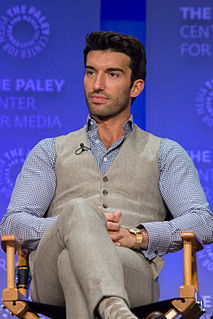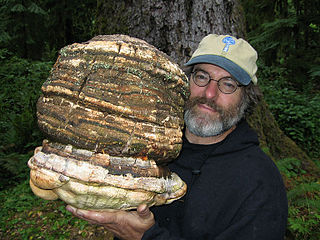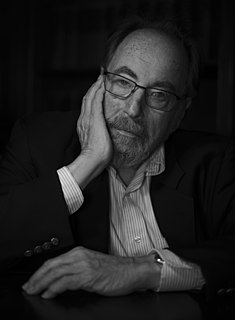A Quote by Siddhartha Mukherjee
It turns out that the very genes that turn on in cancer cells perform vital functions in normal cells. In other words, the very genes that allow our embryos to grow or our brains to grow, our bodies to grow, if you mutate them, if you distort them, then you unleash cancer.
Related Quotes
The study of how substances alter gene expression is part of the field of epigenetics. Some chemical exposures appear to turn on and turn off genes in ways that disregulate cell growth and predispose for cancer. From this perspective, our genes are less the command-and-control masters of our cells and more like the keys of piano, with the environment as the hands of the pianist.
If you inhale a millionth of a gram of plutonium, the surrounding cells receive a very, very high dose. Most die within that area, because it's an alpha emitter. The cells on the periphery remain viable. They mutate, and the regulatory genes are damaged. Years later, that person develops cancer. Now, that's true for radioactive iodine, that goes to the thyroid; cesium-137, that goes to the brain and muscles; strontium-90 goes to bone, causing bone cancer and leukemia.
Each of our cells is a living entity, and the main thing that influences them is our blood. If I open my eyes in the morning and my beautiful partner is in front of me, my perception causes a release of oxytocin, dopamine, growth hormones - all of which encourage the growth and health of my cells. But if I see a saber tooth tiger, I'm going to release stress hormones which change the cells to a protection mode. People need to realize that their thoughts are more primary than their genes, because the environment, which is influenced by our thoughts, controls the genes.
One reason milk consumption may lead to cancer risk is insulin-like growth factor, IGF-1 (not to be confused with bovine growth hormone, rBGH). Milk contains IGF-1 for good reason: milk is designed for babies, and IGF-1 helps us grow. IGF-1 affects growth, as well as other functions, and is normally found in our blood. Higher levels of IGF-1, however, appear to stimulate cancer cells.
Cancer vaccines are in the future. And they could be very effective. Checkpoint blockade, which is acting your immune system to recognize those cancer cells and kill them is another very promising approach and there have been some checkpoint blockade drugs out in the market now that will release the brake on T lymphocytes, the T lymphocyte is your major killer of tumor cells.
You've got to get away from the idea cancer is a disease to be cured. It's not a disease really. The cancer cell is your own body, your own cells, just misbehaving and going a bit wrong, and you don't have to cure cancer. You don't have to get rid of all those cells. Most people have cancer cells swirling around inside them all the time and mostly they don't do any harm, so what we want to do is prevent the cancer from gaining control. We just want to keep it in check for long enough that people die of something else.


































